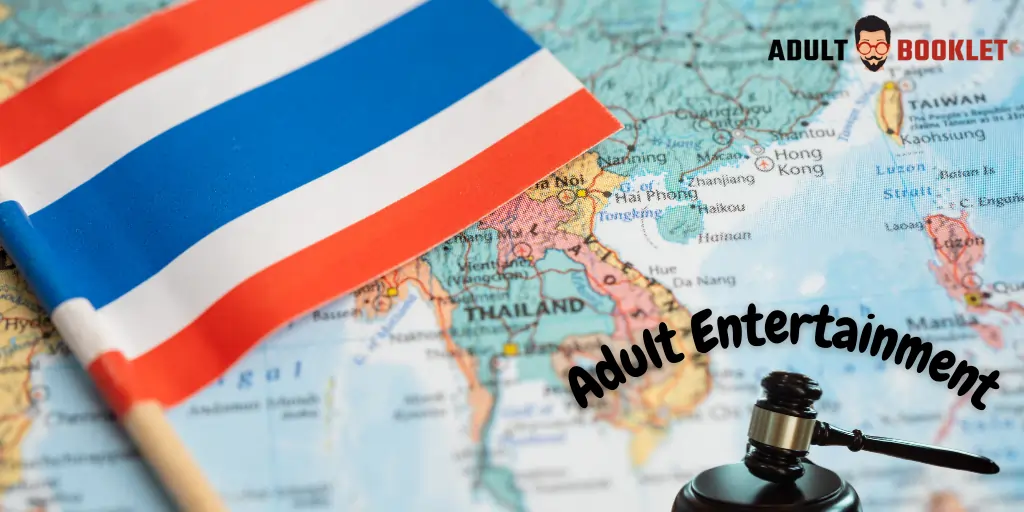
In a move that has sparked intense debate across the country, Thailand's Move Forward Party (MFP) has proposed amending the Criminal Code to legalize the adult entertainment industry, including the production and sale of pornographic materials and sex toys. The controversial bill, submitted to Parliament by MFP MP Taopiphop Limjittrakorn, aims to bring about significant changes in how Thai society approaches and regulates the often taboo subject of adult content.
Currently, Section 287 of Thailand's Criminal Code strictly prohibits all forms of adult materials, making the production, distribution, and possession of pornographic content and sex toys illegal. However, the MFP argues that this blanket ban is outdated and fails to address the realities of modern society, where access to adult content has become increasingly easy due to technological advancements.
The proposed amendment seeks to strike a balance between personal freedom and societal concerns by legalizing certain aspects of the adult entertainment industry while maintaining restrictions on content depicting sexual violence, rape, and pedophilia. Additionally, the bill includes provisions to prevent individuals under the age of 20 from participating in the production of adult content, ensuring the protection of minors.

Moreover, legalizing the industry could help ensure the safety and well-being of those working within it. Many sex workers in Thailand currently face exploitation and abuse due to the illegal status of their profession, with little recourse or protection under the law. By bringing the industry out of the shadows and establishing clear regulations, the government could better monitor working conditions and prevent the exploitation of vulnerable individuals.
Despite the potential benefits, the proposal has faced significant opposition from conservative and religious groups who argue that legalizing adult content goes against Thailand's traditional values and moral standards. Some worry that easier access to pornographic materials could lead to an increase in sexual violence and the objectification of women
Furthermore, some opponents question whether Thai society is ready for such a significant shift in its approach to adult entertainment. They argue that before considering legalization, the country must first address broader issues such as sexual education, gender equality, and the protection of vulnerable populations.
Regardless of the outcome of the proposed amendment, the debate surrounding the legalization of adult entertainment has sparked an important national conversation in Thailand. It has forced society to confront long-held taboos and examine the complex intersection of personal freedom, morality, and the role of government in regulating private behavior.
Supporters of the bill, such as MFP MP Phantin Nuamjerm, believe that legalization would allow for more effective regulation and protection of workers in the industry. By acknowledging the widespread availability of adult content and bringing it under the purview of the law, Thailand could take steps to mitigate the potential negative consequences while harnessing the economic benefits.
However, as Dr. Cherdchai Tantisirin, an MP from the Pheu Thai Party, points out, any move towards legalization must be accompanied by robust legal safeguards to protect those vulnerable to sexual abuse and exploitation. Without proper measures in place, the amendment could potentially do more harm than good.
As Thailand grapples with this complex issue, it is clear that there are no easy answers. The legalization of adult entertainment is a multifaceted problem that requires careful consideration of social, economic, and moral factors.
Ultimately, the decision will rest with the Thai government and its citizens. The proposed amendment has already failed to pass its first reading in the House, indicating that the path to legalization may be a long and difficult one.
However, regardless of the outcome, the fact that this conversation is taking place at all is a testament to Thailand's evolving society. As the country navigates the challenges of the modern world, it must find a way to balance its traditional values with the realities of a changing landscape.










